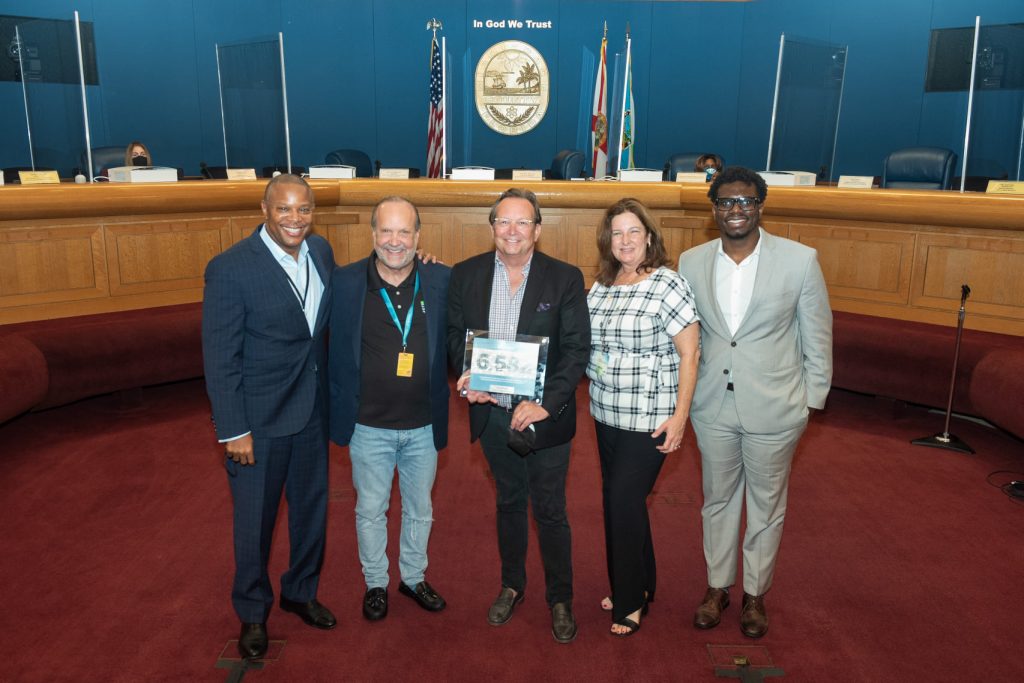Essential Guide to Navigating the Lobbying Disclosure Act


The Lobbying Disclosure Act (LDA), enacted in 1995, is a cornerstone of U.S. legislation aimed at ensuring transparency and accountability in the lobbying process. As government and public policy become increasingly influenced by various interest groups. The LDA serves as a crucial framework for regulating lobbyists and providing the public with essential information about who is attempting to influence government decisions. This article will provide a comprehensive overview of the LDA, detailing its provisions, requirements, and implications for lobbyists and public officials alike.
What is the Lobbying Disclosure Act?
The Lobbying Disclosure Act was established to improve public awareness of lobbyists’ activities, particularly in the context of federal decision-making. It requires individuals and organizations that engage in lobbying activities to register with Congress. Disclose information about their lobbying efforts. The LDA applies to a wide range of stakeholders, including corporations, trade associations, labor unions, and non-profit organizations that seek to influence legislation or government policy.
Key Provisions of the LDA
Registration Requirements: The LDA mandates that lobbyists must register with the Secretary of the Senate. The Clerk of the House of Representatives within a specific timeframe. This registration includes providing detailed information about the lobbyist, the client, and the issues being lobbied.
Disclosure of Activities: Registered lobbyists must report their lobbying activities quarterly. This includes the amount of money spent on lobbying efforts. The specific issues addressed, and the names of the members of Congress or congressional staff with whom they interacted. The requirement for transparency is a critical element of the LDA. As it allows the public to track lobbying activities and understand who is trying to influence policymakers.
Client Information: The LDA requires lobbyists to disclose information about their clients, including the nature of their business and any relevant affiliations. This provision ensures that the public can see which organizations are financially supporting lobbying efforts and for what purposes.
Exemptions and Definitions: The LDA does not regulate all lobbying activities. For example, grassroots lobbying—efforts to influence public opinion to affect legislation—is generally exempt from registration requirements. However, the LDA provides specific definitions to help distinguish between lobbying and other forms of advocacy, allowing for more precise understanding and compliance.
Who Must Comply with the LDA?
The LDA applies to a broad range of individuals and organizations involved in lobbying activities. This includes:
Lobbyists: Individuals who are employed or retained by clients to engage in lobbying activities.
Organizations: Corporations, trade associations, and non-profits that conduct lobbying efforts on behalf of their interests.
Public Affairs Firms: Companies that provide lobbying services to clients and must report their activities under the LDA.
Consequences of Non-Compliance
Failure to comply with the LDA can lead to significant consequences for lobbyists and their clients. The law provides for civil penalties for violations, including fines up to $200,000 per violation. Moreover, non-compliance can damage the reputation of organizations and individuals involved in lobbying, potentially hindering their ability to influence policy in the future.
The Role of the Secretary of the Senate and the Clerk of the House
The LDA is enforced by the Secretary of the Senate and the Clerk of the House of Representatives. These offices are responsible for maintaining the registration and reporting requirements outlined in the LDA. Provide resources and guidance for lobbyists to help them navigate the compliance process.
Importance of Transparency and Public Trust
The LDA’s emphasis on transparency is crucial for maintaining public trust in the political process. By providing a clear record of who is lobbying. How much is being spent, and on what issues, the LDA empowers citizens to hold their elected representatives accountable. Furthermore, it enables journalists, researchers, and watchdog organizations to scrutinize lobbying activities, fostering a culture of transparency in government.
The Future of the LDA
As the political landscape continues to evolve, the LDA may face challenges and calls for reform. Issues such as the rise of online lobbying, the growing influence of social media. The increasing complexity of public policy could necessitate updates to the law. Policymakers and stakeholders must engage in discussions about how to modernize the LDA to ensure that it remains relevant in the face of changing lobbying practices.
The Lobbying Disclosure Act serves as an essential tool for ensuring transparency and accountability in lobbying activities. By understanding the provisions and requirements of the LDA, lobbyists, and organizations can navigate the complex regulatory landscape more effectively. As public interest in lobbying and its impact on government grows. The LDA will continue to play a vital role in promoting transparency and fostering public trust in the political process.
